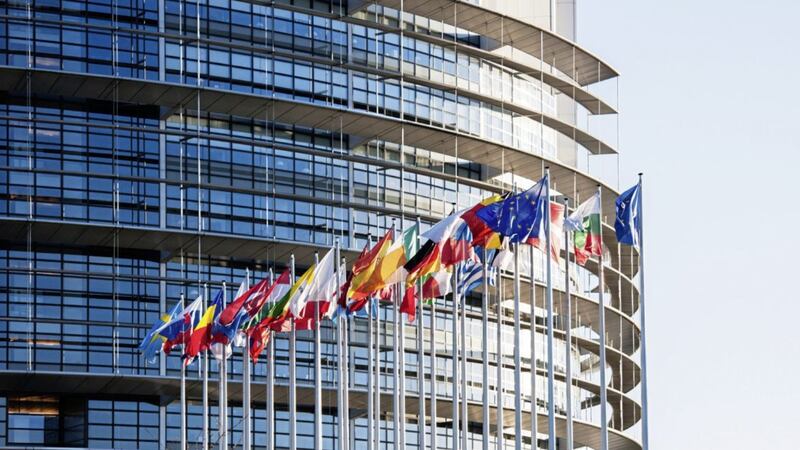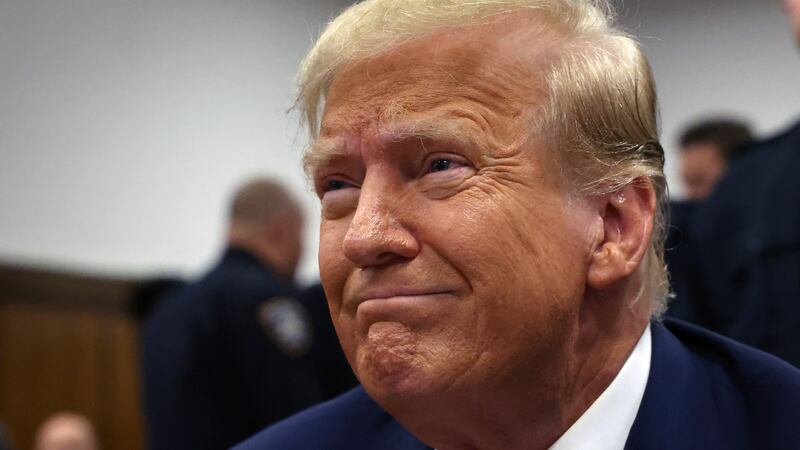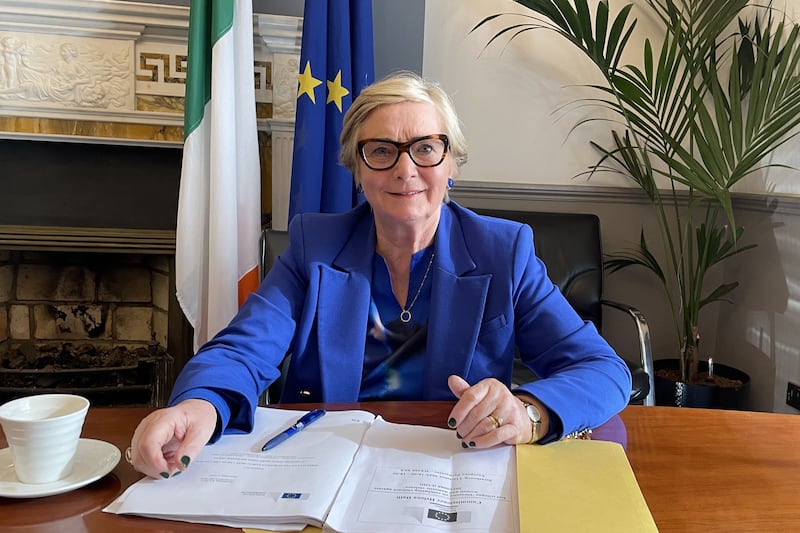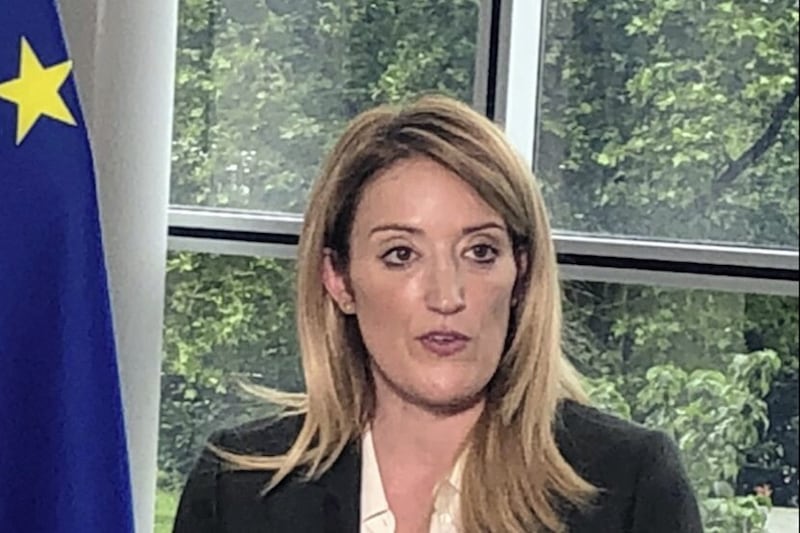SINN Féin and the SDLP are to push for representation for Irish citizens in Northern Ireland in the European Parliament after Brexit.
A committee of MEPs yesterday recommended that the Republic be allocated an additional two seats in the next mandate.
The south's increased allocation from 11 to 13 MEPs, which is expected to be endorsed by the European Parliament next month, was part of a proposal to redistribute 27 of the UK's seats after Brexit.
The next European elections are scheduled for spring 2019, after Britain severs ties with Brussels on March 31.
It is expected that the north's three MEPs – the DUP's Diane Dodds, Sinn Féin's Martina Anderson and Ulster Unionist Jim Nicholson – will be out of a job.
But nationalists are hoping to lobby the Dublin government and other EU leaders to secure the two new seats to provide direct representation in the European Parliament for Irish citizens in the north.
Some 500,000 people in Northern Ireland are thought to have an Irish passport, with the Good Friday Agreement allowing anyone to hold both British and Irish citizenship.
Supporters of the proposal point to Cyprus where citizens in the Turkish-occupied north of the island can vote in EU elections.
Sinn Féin MEP Martina Anderson welcomed the recommendations of the European Parliament's Constitutional Committee.
She said the ability for Irish citizens to directly elect a representative to the European Parliament is a "basic fundamental right".
"I was pleased that members of the committee supported my amendments and this position now needs to be taken into account by those deciding on the future composition of the European Parliament."
SDLP Brexit spokeswoman Claire Hanna also said all Irish citizens are European citizens and therefore deserve the same rights and protections – including having their interests represented in the European Parliament.
"While the committee in the European government discusses what the changes will mean for the elected body, it is imperative that the case for the rights of citizens here is made by all of us," she said.
However, DUP MEP Diane Dodds described the proposal to secure representation for northern citizens as a "political stunt with no basis in law".
"The EU treaties make it clear that the rights of those holding an Irish passport don't include voting rights unless they reside within the member state," she said.
"Sinn Féin may wish this to be different but it would be incompatible with the principle of consent outlined within the Belfast Agreement."
Meanwhile, Secretary of State Karen Bradley has declined to outline how Northern Ireland's voice will be heard in Brexit negotiations if talks to save Stormont fail.
The Tory MP was pressed on the issue as she appeared before the Lords European Select Committee which is examining the impact the UK's exit will have on the island of Ireland.
Mrs Bradley said it is vital devolution is restored to enable an executive to participate in Brexit structures such as the Joint Ministerial Committee alongside the Scottish and Welsh administrations.
But she would not be drawn when asked by Liberal Democrat peer Baroness Suttie whether the British government would find a way of letting politicians contribute to such bodies even if devolution does not return.
Earlier, Mrs Bradley said she appreciated the challenges the Irish border presented when it came to striking the final Brexit deal.
She highlighted that there were more border crossings in Ireland than on the EU's eastern frontier and acknowledged the need for complementary regulations in certain sectors, such as agri-food and energy.








